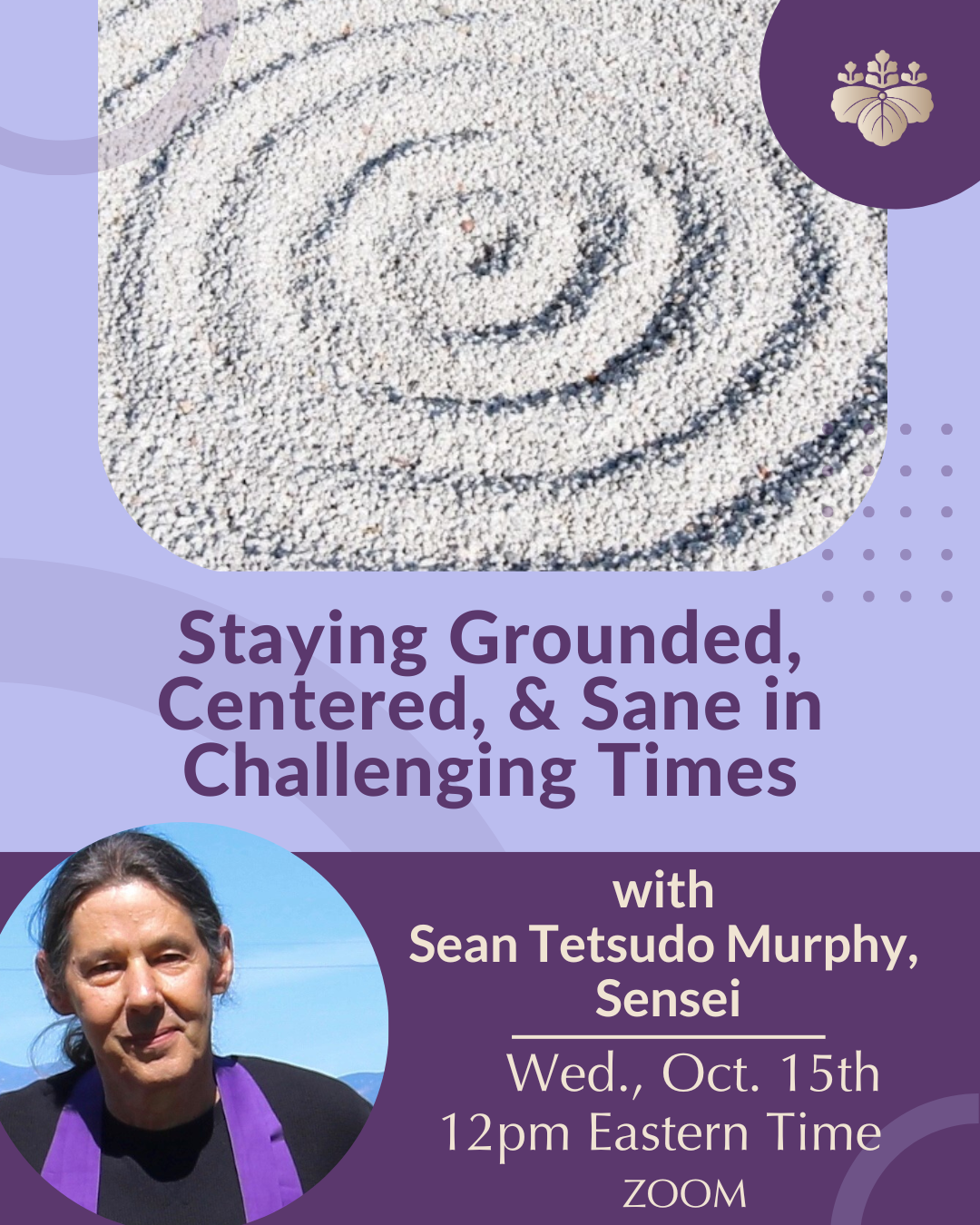Questions by Christa Spannbaur
Recorded at Rowe Conference Center by Ari Pliskin
Zen Master Bernie Glassman Bio
4) Your own social activism as a Buddhist Zen-master is deeply rooted in the Judeo-Christian tradition of taking care of others. Despite the first vow in Zen, which is to save all sentient beings, in the Zen-tradition there’s not much real engagement in taking care of the poor and the underprivileged, which is often the case within the Judeo-Christian tradition. What do you think are the reasons for that, and what’s your vision of Zen in the modern world?
Perhaps it has something to do with the fact that within Japanese Buddhism, martial arts became associated with Zen. For the samurai, they thought about having no subject-object differentiation while you cut off someone’s head.
Another possibility is that avoiding social work has something to do with what Hanz Kuhn called the shadow of the religion. Kuhn was a Catholic priest who was censored by the Church. He listed the shadow issues of the religion- things that never got totally resolved and that stick around.
In Buddhism, in the days of Shakyamuni, there was the belief that only male monks could get enlightened. Today, most Buddhists would say they believe in equal rights, but the shadow continues with the perception that the male monk is somehow superior. It is not stated directly, but the shadow persists. Maybe this is part of our particular shadow, even though we are not fundamentalist traditionalists.
In the Asian societies in which Buddhism emerged, the role of caring for people during hard times was emphasized more as a family role than the role of the community as a whole. The family gave a child to the monastery. Monks had no possessions. They wandered around wearing discarded materials and taking what was giving to them. There are monks with vows who don’t prepare food or handle money. The initial role of the monks was to study and receive alms and not to serve the community. A follower of Shakyamuni could not have done what Jesus did, knocking down the markets in the temple.
In Western Dharma centers, people sought a way to get away from being self-centered in and ended up creating something that is egocentric and hedonistic. Now is time to move away from that.


